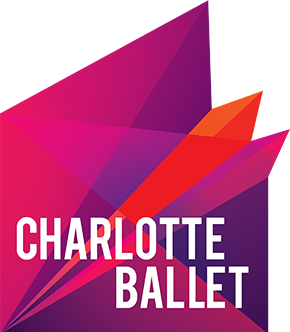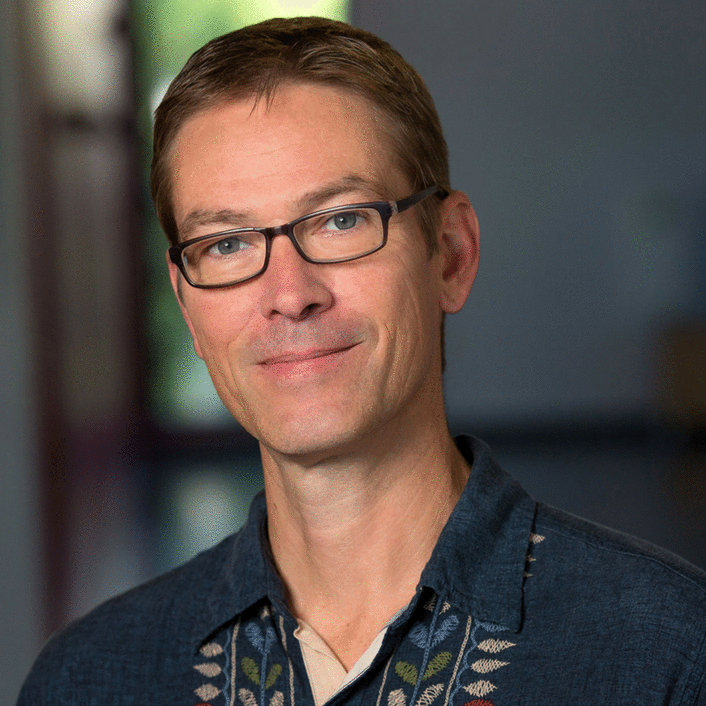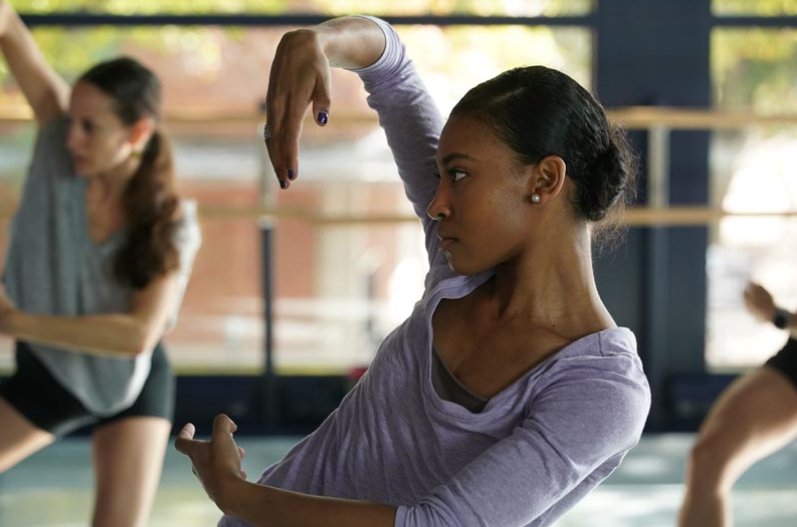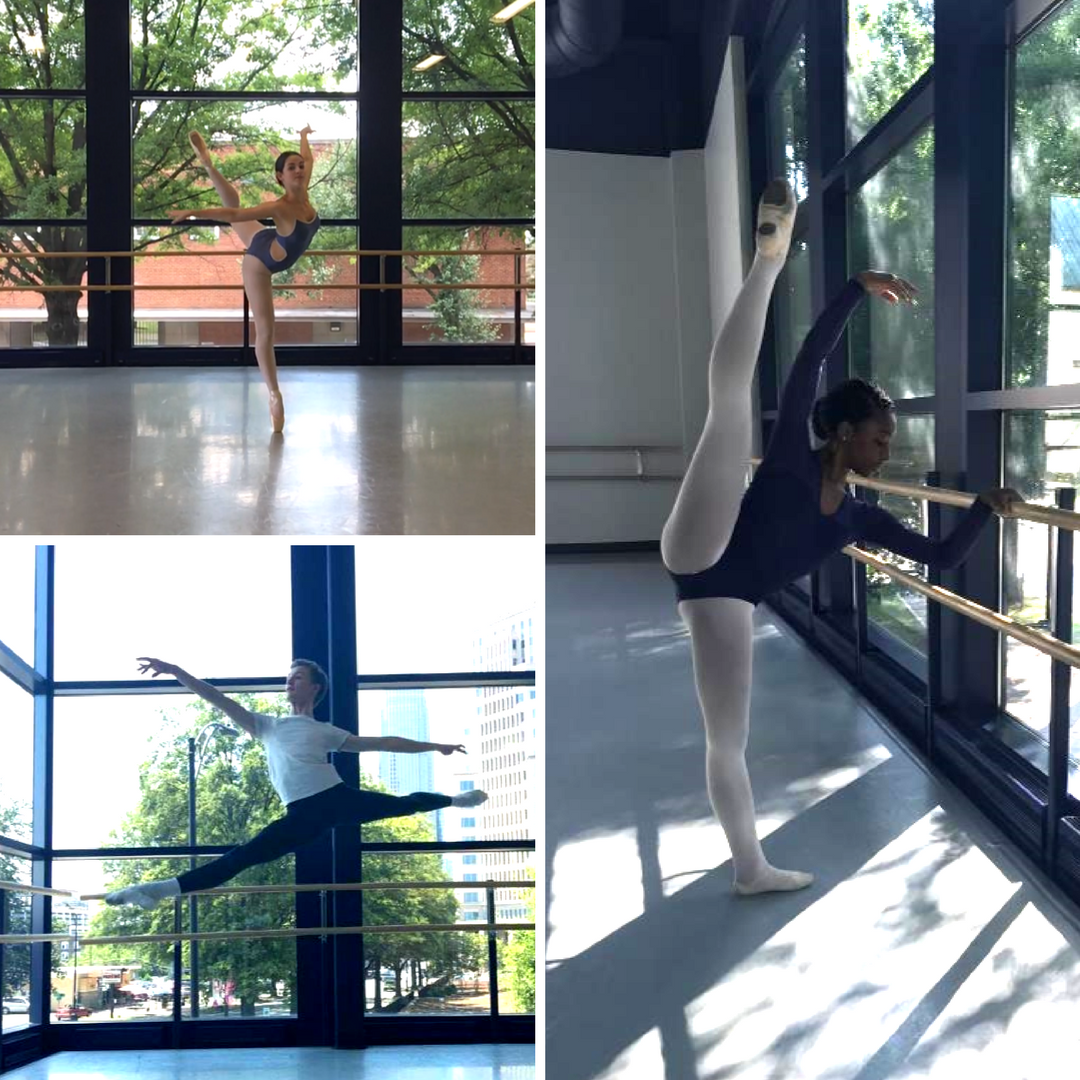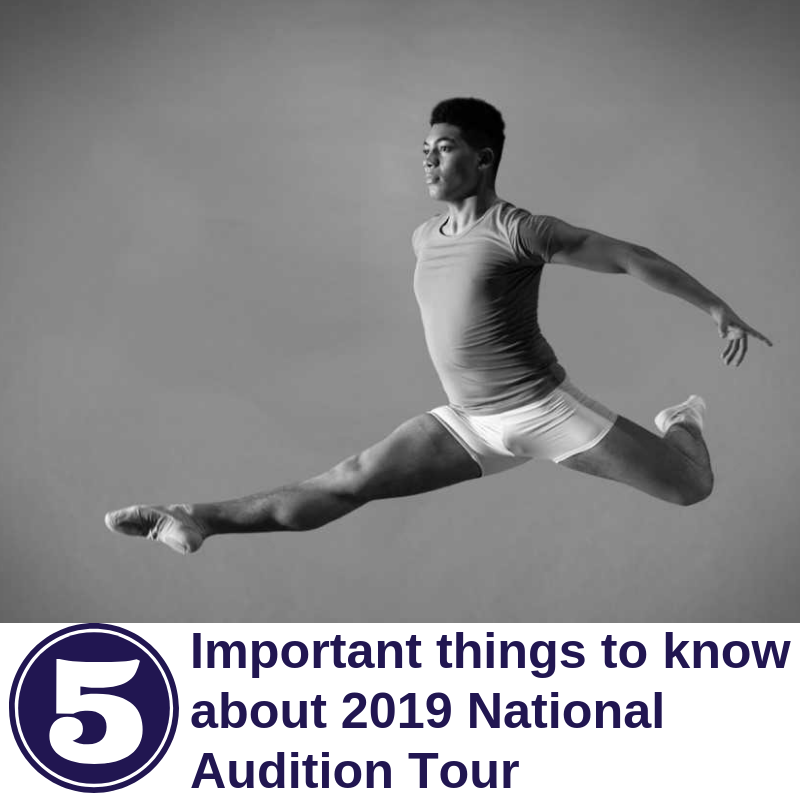Ashley Mahoney with The Charlotte Post interviewed our very own Academy Director Ayisha McMillan Cravotta and Company Dancer Maurice Mouzon Jr. With our 2019 Summer Intensive quickly approaching, check out what our Academy Director has to say about the importance of a variety in training.
ARTICLE ORIGINALLY PUBLISHED IN THE CHARLOTTE POST ON JUNE 7, 2018.

Photo by Jeff Cravotta.
“A dancer’s work cannot be one-dimensional.
Surviving as a ballerina in today’s climate demands versatility, as well as a firm foundation in classical works. Charlotte Ballet Academy Director and former prima ballerina Ayisha McMillan Cravotta and current company dancer Maurice Mouzon Jr. offered insight on what it takes to succeed, as well as what young dancers need to learn.
“I love all styles,” Mouzon said. “I feel like that makes you a better dancer if you embrace those different styles. I love ballet. I love modern. I love contemporary. Desmond Richardson was a huge influence on me, because he did both ballet and modern, and he danced with Alvin Ailey and American Ballet Theater, and I thought, ‘I want to do that! I don’t want to be stuck in one category.’”
Everything starts with a fundamentally sound dancer who understands and can execute the demands of classical ballet.
“We believe very firmly that we must start with a foundation of the codified technique of classical ballet,” Cravotta said. “That’s what’s important for building strength, for building placement, for understanding the music, understanding musicality. Even when we build upon that in order to have contemporary ballet, that foundation builds for a stronger dancer, no matter which direction that dancer ends up going.”
Said Mouzon: “It’s all about the turnout.”
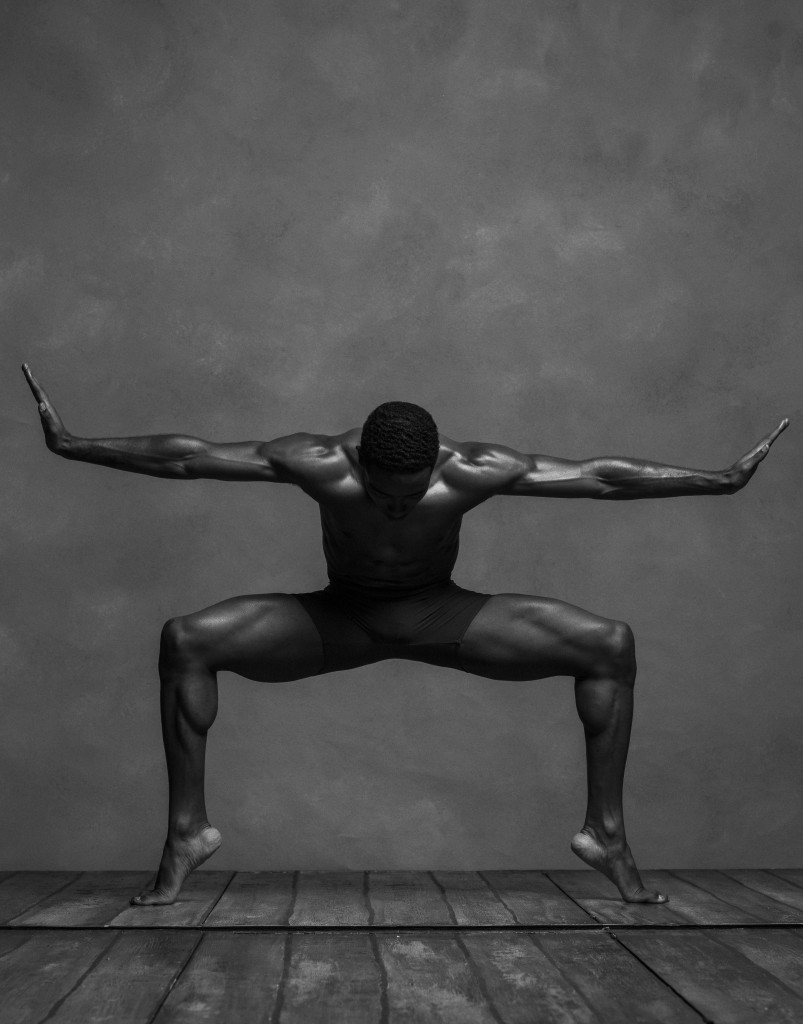
Pretty/Powerful: 2018/2019 Season // Maurice Mouzon Jr. // Photo by Todd Rosenberg
Once a dancer has cemented his or her foundation, new elements can be introduced.
“We begin to incorporate studies of modern dance, jazz and character in our curriculum,” Cravotta said. “That still is not contemporary ballet, but it does help the student understand different ways of placing one’s weight. Different ways of exploring space — physical space – because all of those are elements of understanding how to approach movement a little bit differently.”
Creative expression such as modern allows for a better understanding of one’s relationship to the earth.
“A sense of gravity that can be dropped more quickly, or spent entirely on the floor before rising, and then falling again,” Cravotta said.
Jazz challenges dancers to explore different movements through ways considered unconventional for classical ballet.
“Jazz is very important for helping a dancer understand how the body can approach a movement with a different part first, instead of leading movement the way we more traditionally would in ballet,” Cravotta said. “A movement can start with an elbow. A movement can start with the back. Not that we would never do that in ballet, but these are all dance forms that were developed in part reaction to ballet in a really dynamic way.”
A dancer’s preparation for contemporary work comes through repertoire.
“That means choreography,” Cravotta said. “There are a lot of people on our faculty now who were themselves professional ballet dancers and who got to work with some of the master choreographers of our age. Patricia McBride, our master teacher here in the academy, has first-generation knowledge of how George Balanchine created neoclassical ballets. What did he say as a choreographer to movement, and to placing a new emphasis, or creating a new dynamic on the stage?”

